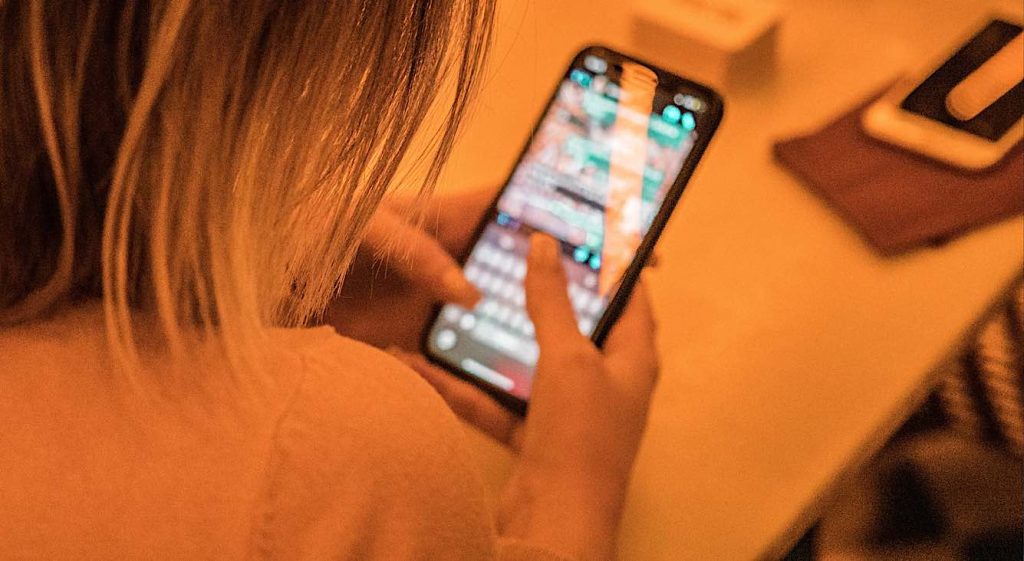
Far from being dumb or making us dumb, the use of smartphones can actually boost people’s memory skills, according to a new study.
Scientists say that rather than making us lazy or forgetful, the digital devices provide a valuable service of storing very important information of a low complexity, which frees up our brains to remember other things.
The University College London team say using a phone as an external memory not only helps people remember what’s stored in the phone, it helps them remember unsaved information too.
Neuroscientists have previously been worried that using too much technology could reduce our brain function and even lead to a form of “digital dementia.”
SIMILAR: First Time Someone With Cut Spinal Cord is Able to Walk Freely, Thanks to New Swiss Technology
For the study, the team developed a memory task to be played on a touchscreen digital tablet or computer. The test was taken by 158 people aged 18 to 71.
“We wanted to explore how storing information in a digital device could influence memory abilities,” lead author Dr. Sam Gilbert said. “We found that when people were allowed to use an external memory, the device helped them to remember the information they had saved into it.”
Participants were shown up to 12 numbered circles on the screen, and had to remember to drag some of these to the left and some to the right.
The number of circles that they remembered to drag to the correct side determined their pay at the end of the experiment.
RELATED: New Transistor Could Cut 5% of World’s Digital Energy Use While Upgrading Memory Capacity
One side was designated ‘high value’, meaning that remembering to drag a circle to this side was worth 10 times as much money as remembering to drag a circle to the other ‘low value’ side.
They had to use their own memory on half of the trials and they were allowed to set reminders on the gadget for the other half, before performing this task 16 times.
Results published in the Journal of Experimental Psychology showed participants tended to use the digital devices to store the details of the high-value circles. When they did so, their memory for those circles was improved by 18%.
Their memory for low-value circles was also improved by 27%, even in people who had never set any reminders for low-value circles.
The results also unearthed a potential cost to using reminders.
When they were taken away, the participants remembered the low-value circles better than the high-value ones, showing that they had entrusted the high-value circles to their devices and then forgotten about them.
READ ALSO: Girl Scouts Help Seniors Learn to Use Their Cell Phones, Setting up a Free Clinic
“This was hardly surprising, but we also found that the device improved people’s memory for unsaved information as well,” said Dr. Gilbert. “This was because using the device shifted the way that people used their memory to store high-importance versus low-importance information.”
“When people had to remember by themselves, they used their memory capacity to remember the most important information,” he added. “When they could use the device, they saved high-importance information into the device and used their own memory for less important information instead.”
He warned the necessity of backing up important information for the case that the device stops working, for instance if it runs out of battery.
REMIND Your Friends To Feel Better About Their Smartphones…
Credit: Source link



